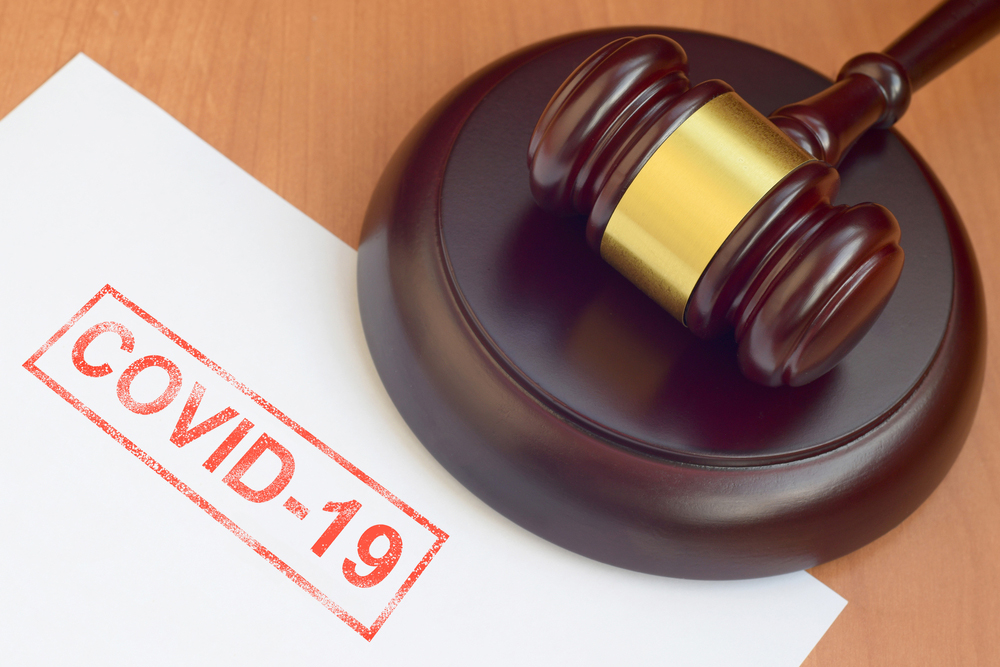Maine can move ahead and enforce a COVID-19 vaccine mandate against designated healthcare employees after the U.S. Supreme Court refused to grant an injunction to a group of affected workers on Friday, when the statute was supposed to take effect. The employees had challenged the law because it doesn’t allow a religious exemption.
4 Takeaways for Maine Employers
First, the employees were seeking an injunction, i.e., an early ruling in a case that hasn’t been fully litigated. Just because it was denied doesn’t mean they might not win the case in the end. In other words, the majority decision didn’t amount to an endorsement of Maine’s vaccine rule on the legal merits. The majority of the justices weren’t prepared to make such an important ruling at the case’s infancy and before it had been fully litigated.
Second, three Supreme Court justices found Maine’s vaccine rule to be unconstitutional and in strong language suggested the denial of a religious exemption “borders on the irrational.” If two more justices join them after the case is litigated, the state rule will be found to be unconstitutional.
Third, the minority dissenting opinion also offered a glimpse into how the justices may view federal vaccine mandates, which surely will reach their chambers. While recognizing Maine’s compelling interest in fighting COVID-19, they noted:
If human nature and history teach us anything, it is clear that civil liberties face grave risks when governments proclaim indefinite states of emergency.
The sentence may have important ramifications when the Occupational Safety and Health Administration (OSHA) issues its looming emergency temporary standard (ETS) requiring vaccine and testing mandates, which also will be challenged in the courts.
Finally, it seems covered healthcare employees in Maine have no choice but to comply with the state’s rule. Otherwise, they may put their licenses at risk.
Ultimately, however, it seems inevitable that employers will face religious discrimination challenges under Title VII of the Civil Rights Act of 1964, and the Supreme Court’s decision won’t insulate them from those claims.
Stay Tuned
In a sign of the unusual times we’re experiencing, the Maine case reached the Supreme Court in a matter of mere weeks. In the short term, one might say the state won the battle, but the legal fight is far from over.
Peter D. Lowe is an employment law attorney with Brann & Isaacson in Lewiston, Maine. You can reach him at plowe@brannlaw.com.
The post Maine Vaccine Mandate Wins Supreme Court Battle but May Lose the War appeared first on HR Daily Advisor.
